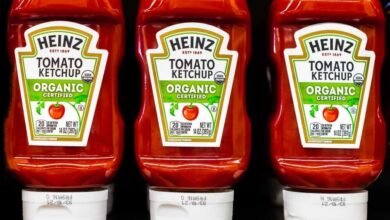
Ulta Beauty (NASDAQ: ULTA) could use a touch-up to its makeup with its shares down about 28% from their 52-week high. Nevertheless, investors focusing too much on the company’s rough stock market performance from 2024 might be missing the bigger picture.
This cosmetics retailer and salon operator remains a glamorous growth stock well positioned to rebound in 2025 with several strategic initiatives to support a more positive outlook. Here is why now may be a great time to buy shares of Ulta Beauty.
For 35 years, Ulta Beauty has pioneered retail innovation through its one-stop-shop concept, offering customers a convenient destination for cosmetics, fragrances, skincare, and haircare products alongside in-store salon services.
The model has proved to be highly successful, with the company now operating 1,437 stores across the United States. It managed to capitalize during the pandemic-era consumer spending boom, with sales surging 66% between 2020 and 2022, while simultaneously accelerating its pace of new store openings.
But in 2024, the broader beauty category faced a more challenging landscape. The cumulative effects of inflation and elevated interest rates have created headwinds for discretionary spending, resulting in softer sales and earnings for Ulta.
In the third quarter (ended Nov. 2), comparable-store sales (comps) increased by just 0.6% year over year, down from 4.5% in the previous year. Through the first nine months of the year, earnings per share (EPS) declined 5.9% from 2023 to $16.93, reflecting slightly compressed margins.
Despite these muted headline numbers, management maintains that the recent slowdown is temporary, citing early indicators that its improvement initiatives are gaining traction. The latest update highlighted a “stronger-than-expected performance during the holiday season” into the fourth quarter, where the company is now guiding for a modest increase in comps.
The beauty and personal care market, valued at approximately $80 billion in 2021, is projected to have reached $100 billion by 2023, with plenty of room for Ulta to consolidate its market share. Several themes — including an aging population boosting demand for skincare, and a cohort of Gen Z consumers more willing to make more regular purchases — are secular tailwinds for the company.
In January, it announced the retirement of CEO Dave Kimbell, who is being replaced by Kecia Steelman, its former chief operating officer with more than a decade of experience at the company. Steelman is recognized as playing an instrumental role in developing a recently refreshed strategic framework for Ulta Beauty. As the new company leader, she should have greater control to see that vision through.
Source link




